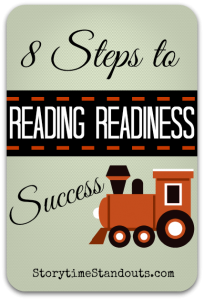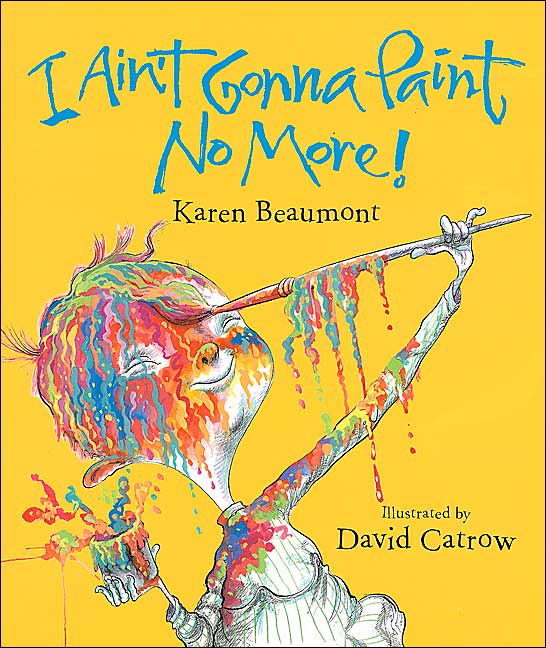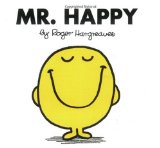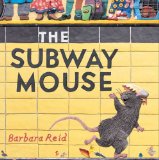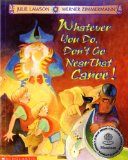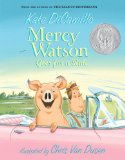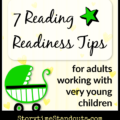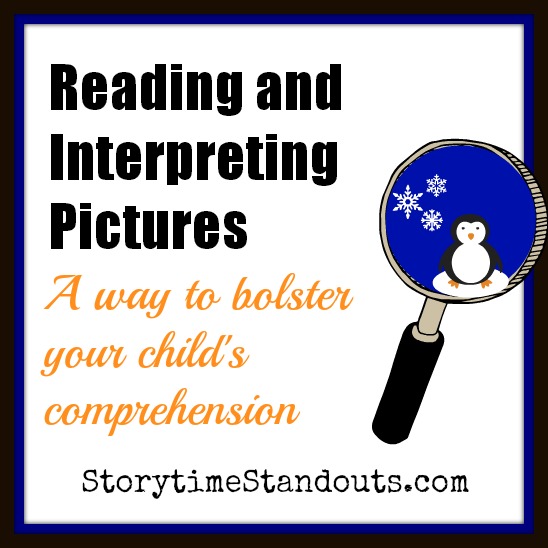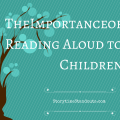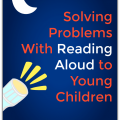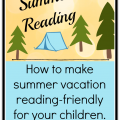Keys to Reading
Reading Readiness should be a key objective for parents and caregivers of preschool-age children.
During the preschool years, there are many wonderful ways for parents and caregivers to share the pleasures of a great book with young children. There are also many ways to support reading readiness and lay the groundwork for future reading success.
I want to share some ideas with you regarding prereading and early reading experiences. I will also let you know about some early literacy resources that I have found helpful.
Click on this link to read our posts about learning to read.
Click on the book covers for more information about the books.
Let’s begin with reading readiness. This term refers to the child’s mental, emotional and physical “readiness” to read. As preschoolers advance toward reading readiness, we can nurture their growth in a variety of ways
Make reading aloud to your child a part of each and every day
It is wonderful to end the day snuggling and reading together. (Beginning the day with a story is pretty special also!) As parents, we want to relay the message that storytime and reading aloud is so important and special that we never want to miss it.
In our household we have a collection of small paperback picture books that are loaded into suitcases when we travel. The simple act of planning for stories while away from home conveys an important message to young children.
Whenever possible both parents should be involved with reading aloud
There is a theory that some preteen boys become disinterested in reading because they perceive reading to be a feminine activity. We can avoid this perception by our child if Dad or another male figure is equally involved in choosing books, reading stories aloud and listening when someone else is reading.
Choose great books to read aloud to your children
When visiting the public library or a bookstore, go armed with a list of the Governor General’s Literary Award winners or Caldecott Medal winners. While your children are selecting books, tuck a few prizewinners into the pile and judge for yourself. Make an effort to choose good quality books and you will encourage your child to be selective in what she reads.
Search for books set in your state or province
What a delight it is to enjoy books by local authors. We can’t drive along Beach Avenue in Vancouver without talking about the Sylvia Hotel, the setting for Mr. Got To Go by Lois Simmie. For a taste of Canadian winter on the prairies, don’t miss The Moccasin Goalie by William Roy Brownridge.
Provide your children with the tools readers use
Sign up for a library card in your child’s name. Encourage your child to check books out of the library by himself. Make sure there is a bedside light and a bookshelf or a basket in the bedroom just waiting to be filled with wonderful picture books and information books. Encourage family members and friends to give good quality, age-appropriate books as gifts.
Have fun with language.
As our children become readers and writers, their “auditory acuity”, their ability to notice nuances in sound, will contribute to their reading success. Spend time enjoying stories that feature rhythmic, repetitious, predictable, melodic and/or lyrical text. Soon your child will be ‘reading’ with you and thinking of herself as a ‘reader’. One of my favourite writers is Julie Lawson. Look for her delightful, rollicking poem/picture book: Whatever You Do, Don’t Go Near that Canoe!
Encourage you child to be an active reader
Take a moment to talk about the books you share. Before you open a cover, make predictions about the story inside. Will this be funny or scary, a fairy tale or a factual book? Once into a book, guess what will happen next. Read two versions of the same story and decide which you prefer, compare illustrations and language.
Stretch when choosing books to read aloud
Don’t underestimate your child’s readiness for chapter books. Begin with generously illustrated chapter books such as A Treasury of Peter Rabbit and Other Stories by Beatrice Potter or Winnie-the-Pooh by A. A. Milne. Next, try E.B. White’s books; Charlotte’s Web, Stuart Little and The Trumpet of the Swan or Dick King-Smith’s stories about animals; Ace the Very Important Pig, A Mouse Called Wolf and Babe. Soon you’ll be devouring Roald Dahl’s books and marveling over Harry Potter and the Philosopher’s Stone.
For additional information about early literacy and the importance of reading aloud to children, check out our 10 FAQs About Reading Aloud to Children and Why Sharing a Bedtime Story or Two is Not to Be Missed.


